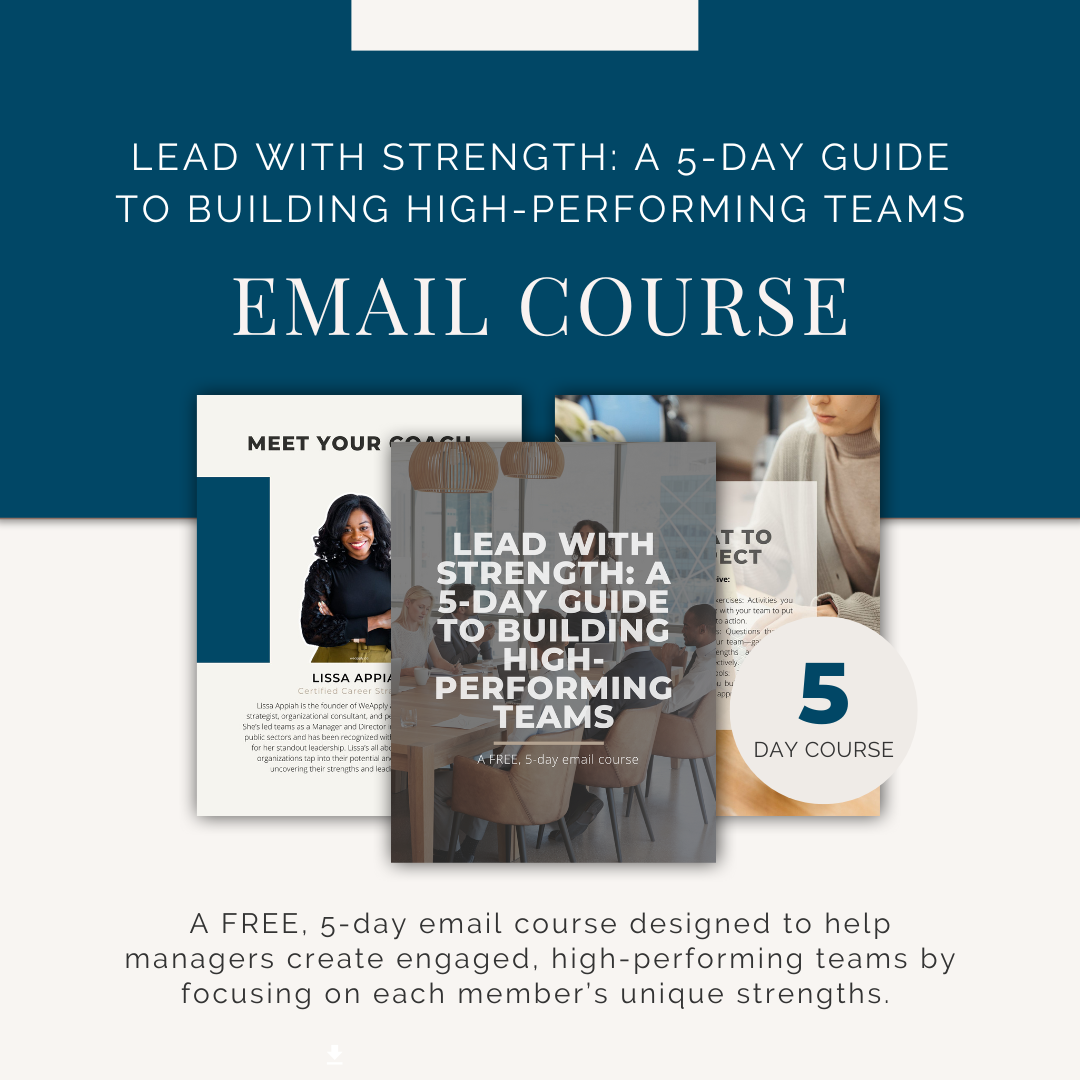“Tell us about a time you made a mistake.” It’s a classic interview question, and it can strike fear into the hearts of even the most seasoned job seekers. But it doesn’t have to! In fact, answering this question well can actually boost your candidacy. The key is to approach it strategically. This post will guide you on how to answer the interview question “Tell us about a time you made a mistake” in a way that demonstrates self-awareness, responsibility, and growth.
The goal isn’t to pretend you’re perfect. Everyone makes mistakes. Interviewers want to see how you handle them.
Here’s a breakdown of how to craft a strong response:
- Choose a Minor Mistake: Select a mistake that’s relatively minor and, ideally, not directly related to the core responsibilities of the role you’re interviewing for. You want to show you can learn from errors, not that you’re prone to critical failures.
- Don’t Dwell on the Mistake: Keep the description of the mistake itself concise. Avoid excessive self-criticism or getting bogged down in the details. The focus should quickly shift to your actions and what you learned.
- Talk About Rectification: Emphasize what you did to rectify the mistake. This demonstrates ownership, accountability, and problem-solving skills, all of which are highly valued by employers.
- Highlight the Lessons Learned: The most important part of your answer is the “learning” aspect. Spend the most time discussing the lessons you learned from the situation and how it changed your approach moving forward. This shows self-awareness, a growth mindset, and the ability to learn and adapt.
Using the CARL Framework
To structure your response effectively, consider using the CARL framework:
- Context:
- Briefly set the scene for the interviewer.
- What was the overall situation?
- What project or task were you working on?
- Action:
- Describe the specific action you took that led to the mistake.
- Take responsibility for your part in the situation.
- Result:
- Explain the outcome or consequence of your mistake.
- Be factual and avoid exaggerating the negativity of the result.
- Learning:
- This is where you should spend the most time in your answer.
- What specific lessons did you learn from this experience?
- How did this experience change your approach to similar situations in the future?
By following these guidelines and using the CARL framework, you can turn a potentially challenging interview question into an opportunity to showcase your strengths and maturity.
Looking to work with a career coach to prep for your next interview? We specialize in helping professionals gain that clarity, confidently communicate their value and ace interviews with confidence. You can learn more about our services at this link.
For more tips on Job Search and Job Interview Tips watch here!


